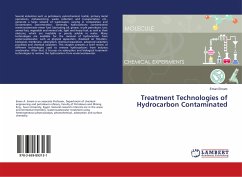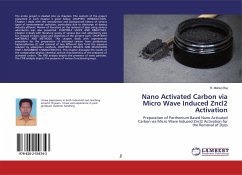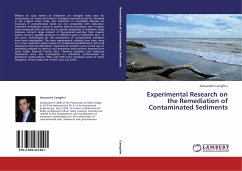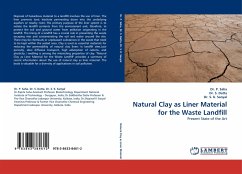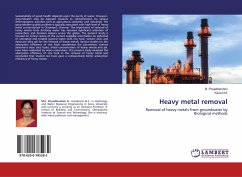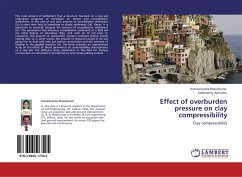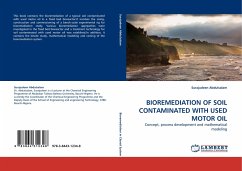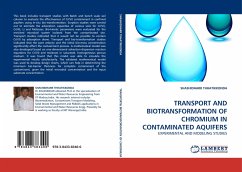Several industries such as petroleum, petrochemical, textile, primary metal operations, metalworking, waste collection and transportation etc., generate a large volume of wastewater, varying in composition and contaminates concentration. Generally, hydrocarbons contaminated water/wastewater mean fuel, lubricating oil, grease, crude petroleum, tars, animal fats, vegetable and mineral oils, light and heavy fuel, as well as their mixtures, which are insoluble or poorly soluble in water. Many technologies are available for the removal of hydrocarbon from water/wastewater, such as physical separation, dissolved air flotation, biological, membrane, adsorption, chemical separation, advanced oxidation processes and chemical oxidation. This chapter presents a brief review of different technologies used to remove hydrocarbons from industry wastewater. After that, it focuses on adsorption and biological treatment technologies to remove the hydrocarbon from water/wastewater.
Bitte wählen Sie Ihr Anliegen aus.
Rechnungen
Retourenschein anfordern
Bestellstatus
Storno

